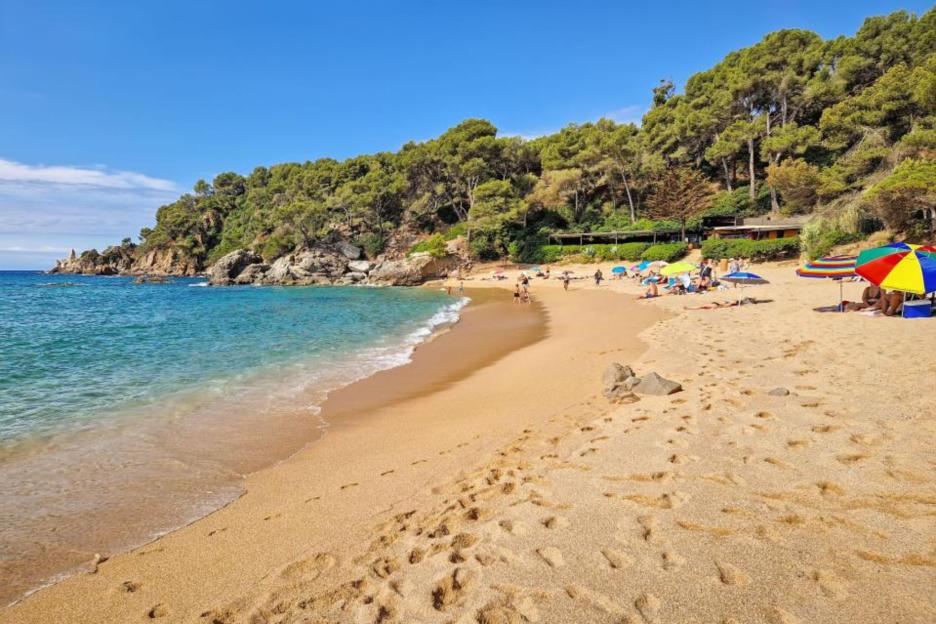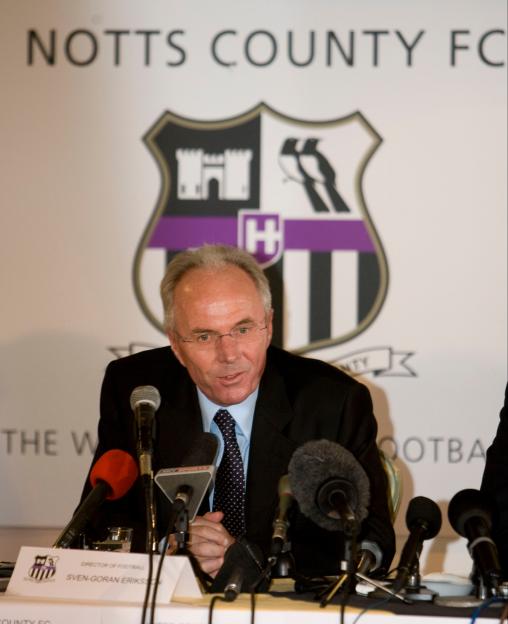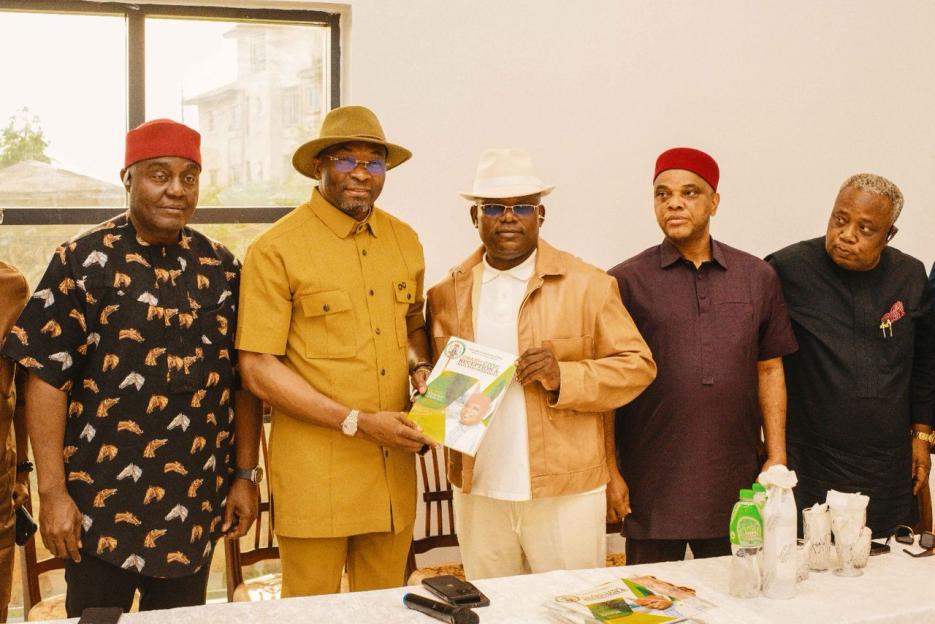Table of Contents
- NNPP's Strength in Kano
- Reaction to Defections
- Future Plans for Expansion
- Internal Issues and Departures
The National Chairman of the New Nigeria Peoples Party (NNPP), Ajuji Ahmed, stated that the party remains robust in Kano and is preparing to extend its influence throughout the northern region in anticipation of the 2027 elections, despite a recent wave of defections.
Ahmed made these remarks on Saturday in response to the departure of two NNPP members from the House of Representatives, Abdulmumin Jibrin and Sagir Koki, who have recently joined the All Progressives Congress (APC).
He maintained that these defections have not diminished the party's strength.
“I have just two words for them: good luck. Their departure does not negatively impact NNPP. In fact, we are seeing an influx of new members into the party every day, particularly in Kano.”
He expressed confidence that the NNPP will retain Kano in 2027 and is also focusing on other significant northern states, including Jigawa and Kaduna.
“The party is open to either running independently or collaborating with other political groups if it enhances our prospects,” he said.
Ahmed further asserted that the NNPP actually won in Taraba during the last election but lost the mandate.
He added that the party anticipates reclaiming more seats in 2027.
It is worth noting that the lawmakers cited internal issues within the NNPP as a reason for their decision to leave.
Additionally, several other members from Kano and Jigawa have also transitioned to the APC in recent months.
Frequently Asked Questions
What is the current status of the NNPP in Kano?
The NNPP remains strong in Kano and is preparing to expand its influence in the northern region ahead of the 2027 elections.
How does the party view recent defections?
The party leadership believes that the recent defections do not weaken the NNPP and that it continues to attract new members.
What are the future plans of the NNPP?
The NNPP aims to maintain its position in Kano and expand into other northern states like Jigawa and Kaduna, potentially forming partnerships with other political groups.







